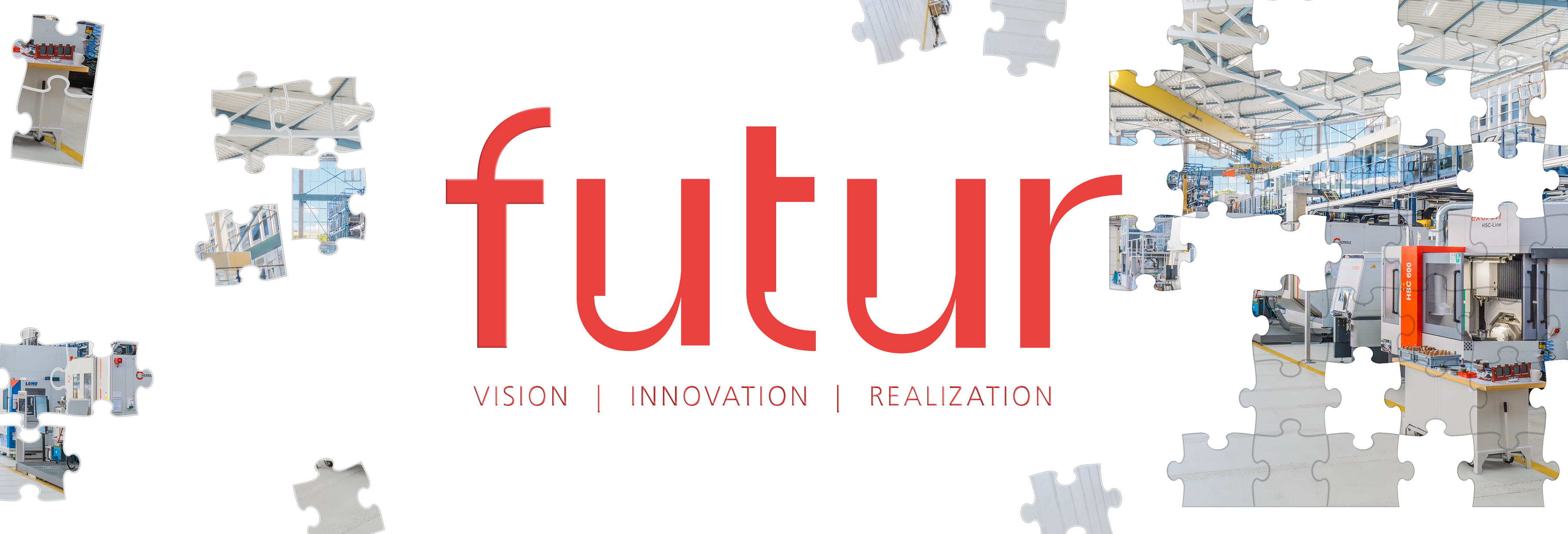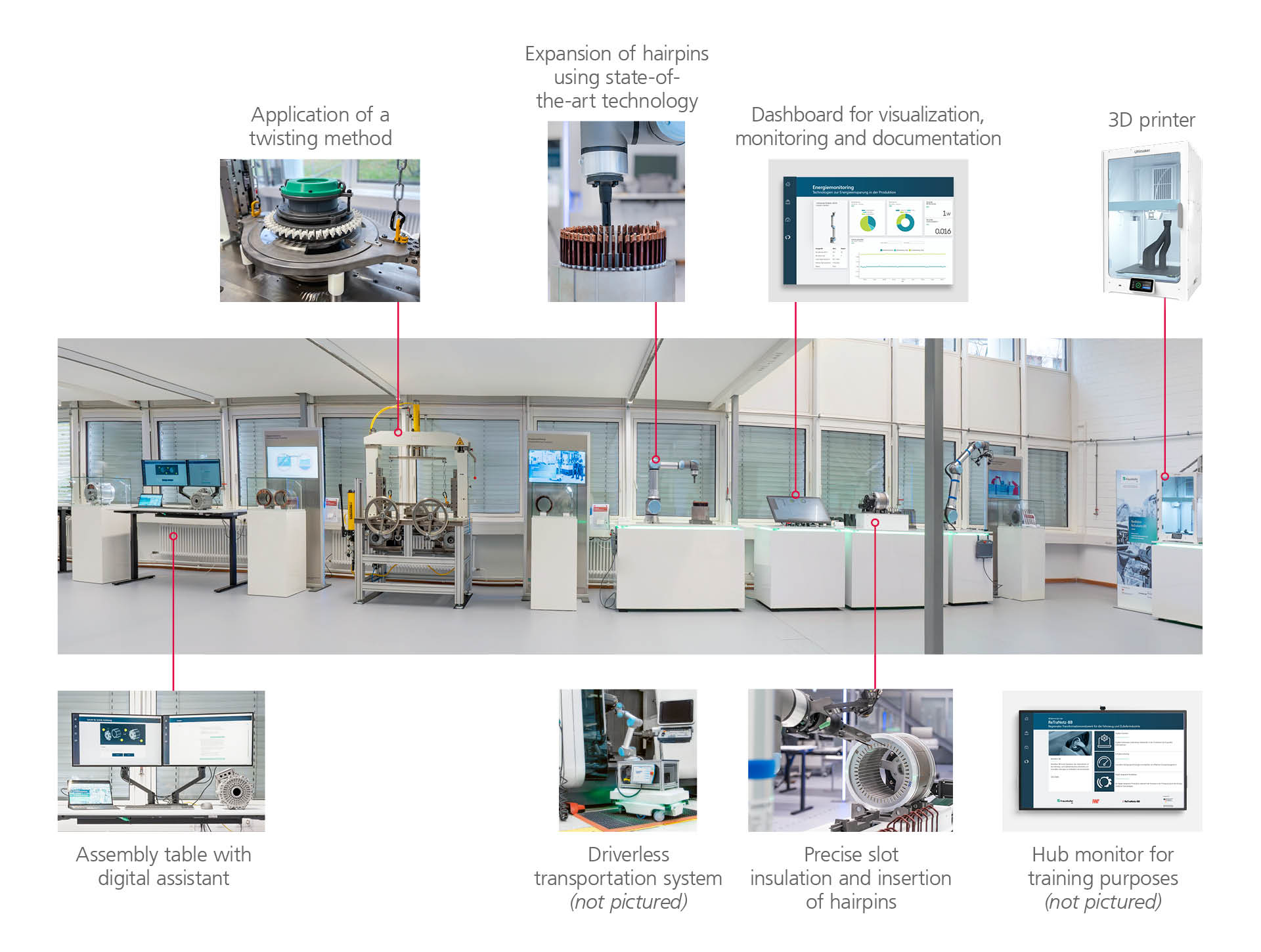A Space to Promote a Transformation in Mobility
The mobility turnaround is causing profound upheaval in the vehicle industry: While combustion engines are giving way to alternative drive systems in motor vehicles, a large number of new small and micro vehicles with electric motors are also emerging – from e-scooters to e-bikes and kick scooters. This is also changing the product portfolios and production principles in supplier companies. The ReTraNetz-BB project is responding to these developments with the real-world laboratory. The lab is intended to support the vehicle and supplier industry in the Berlin-Brandenburg region in implementing a more environmentally friendly and efficient vehicle production. It is also intended to form an important basis for future research projects as well as university teaching and the training and further education of staff with varying levels or types of qualifications.
The laboratory pursues several goals. Firstly, the development of innovative process chains will be driven forward using modern manufacturing and assembly technologies. This includes processes for producing hairpin stators for electric motors such as precise slot insulation, automated insertion of hairpins, expansion of the placed hairpins, and a twisting process to finalize the process chain. Digital production assistance and energy monitoring round off the lab’s range of services. A multilingual production assistance system supports employees during maintenance work by guiding them through processes in a comprehensible manner, regardless of previous knowledge or language skills. Energy monitoring documents the energy consumption of all processes in the laboratory in order to identify energy-saving potential and derive reduction measures.
Secondly, the lab offers a test environment for validating and optimizing newly developed technologies. This includes a modular Industrial Internet of Things (IIoT) infrastructure that enables flexible and seamless integration of new developments. Interested companies can use the lab as a test environment for their own developments. Thirdly, a targeted knowledge transfer is sought through practical training programs and the qualification of specialists.
You might also be interested in:
- More articles on »System Integration«
- Jack of All Trades With a Tablet [FUTUR article from the issue on »Knowledge and Assistance«]
- New real-world laboratory for the transformation of the vehicle and supplier industry (Press Release, published November 13, 2024)
- Steering Sustainably [Article from »Solutions from Research and Development 2024 / 2025«]
 Fraunhofer Institute for Production Systems and Design Technology
Fraunhofer Institute for Production Systems and Design Technology
